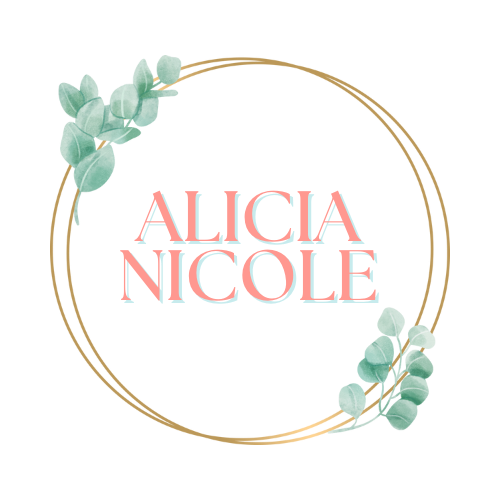I promise this opinion piece (coupled with real-life experience) is not clickbait; this is an honest question that lives rent-free in my brain: Do Black women want safety in professional settings? In short, the answer is YES! Black women want AND deserve safety in professional settings. We are tired of talking about it and are still waiting for results. Recently, I spoke with a small group of Black women who echoed these sentiments; they want professional safety and are tired of talking about it, and nothing happens.
Before I go further, let me define what “safety in professional settings” means. It’s simple: it means “Free from harm.”
Why is it Important to Understand the Experiences of Black Women
If you’re not a Black woman, it is essential that you understand the experiences that Black women are having within the workplace because they are your peers, leaders, and direct reports.
In my book, “Safe Spaces for Black Women,” I break down the data that confirms the darker the hue of the woman’s skin coupled with the more textured the hair, the more likely the woman will experience a harmful work experience. The data I reference confirms that our features (skin hue, hair texture, nose size, and distinct body shape) render too much attention or intentionally ignore when it matters. For example, we experience individuals making comments like, “Oooh, how often do you get your hair done,” or, “What does Popeye’s fried chicken sandwich taste like?” (true story). The intentional ignoring comes in the form of being looked over for career advancement.
Do your biases based on skin and hair texture determine how you treat a person?
Some people call these biases unconscious; I do not buy into that thought process. Saying a bias is unconscious gives someone a soft pillow to land on. It reduces their level of accountability versus being straightforward and understanding their behaviors are harmful, and to say, “I did not mean to harm you,” does not reduce the harm and need for accountability.
At one point in my corporate career, some harmful things were said to me, and the executive leader who said those things said, “I did not mean to hurt your feelings.” I was appalled when that message was relayed via HR in writing. Two immediate lessons can be derived from this experience:
- Feelings are not present in Corporate America; facts vs fiction are how we navigate Corporate America.
- Leadership needs to hold their staff accountable for their behaviors.
a. The dangerous part about this is, are executives paying attention to their harmful behaviors and the harmful behaviors of their staff?
What does the resolution look like when scenarios like this arise?
What does accountability of actions look like in your organization when someone harms an employee based on their skin color? Do you ignore it and brush it off as a behavior that could happen to anyone, or these behaviors were not based on skin tone or any other culturally identifying factor?
In my book, “Safe Spaces for Black Women,” I interviewed multiple Black women who shared their experiences of workplace abuse and exhaustion. A woman I interviewed left her six-figure job for a lower wage because leadership continued to state they would elevate her professionally; however, they never did. Leadership continued to give her more work, and when she left, her work was shared between two employees within the department she left.
Foundationally, I have only experienced harmful workplace environments. In my post earlier this week, I discussed my belief that I was damaged goods and that my professional experiences were my fault (of course, they were not my fault; read more here). Unfortunately, the data confirms that harm in the workplace has caused Black women to have negative and untrue thought processes about themself. If this is a foundational experience, the need for safety is presented; however, the desire to fight for safety is exhausting and overwhelming. What causes the exhaustion, OPPRESSION. When a marginalized person continues to experience harm, they are in an oppressed state that does not give them the freedom to:
- Use their voice to advocate for better treatment.
- Navigate complex spaces
The list is endless, and to think you are being oppressed in a space that should value you is harmful to the psyche of the individual.
How does this affect the workplace?
- High turnover for Black women within your organization
- Higher risk for harassment and/or discrimination claims
- Zero return on your investment in the employee
Do you want to know if these experiences happen in your organization?
Have you been bold enough to ask if these experiences happen in your organization during the annual employee survey? What accountability methodology do you use when your employees dare to share their experiences of workplace abuse?
For non-leaders, do you speak up when you hear of these experiences organizationally?
These are the questions I ask my clients as we determine the next steps for reducing harm within their organization.
What are the next steps for your organization? Will you proceed with business as usual, or will you operate as an outlier that creates intentional change that reduces harmful experiences for Black women?

